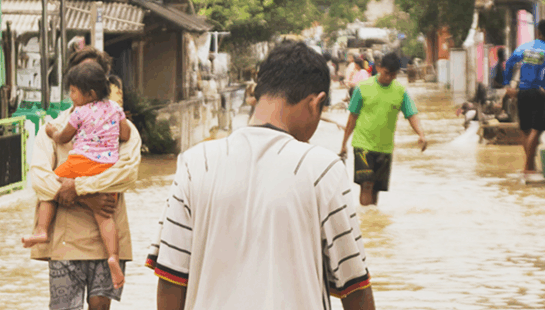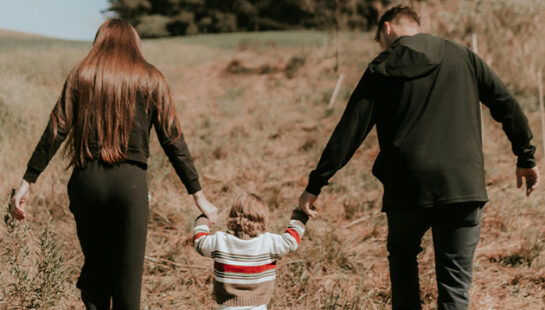Hunger and poverty are confronting issues. When the children in our lives ask a question like, ‘why are some kids starving?’ it’s tempting to try to protect them from experiencing negative emotions like anxiety or fear by downplaying the issue, or avoiding it all together.
But in an age of online content, mobile phones, and live streaming, children see and understand more than we realise, and it’s important to help them process what’s happening in the world around them, as difficult as the conversation may be.
So, Where To Begin?
Children are like mirrors sometimes—they learn from what they observe and hear from the adults in their lives. So, a good place to start is with us reflecting on our own views, opinions, and biases before discussing complex topics like this one with the children and young people in our life.
We could start by thoughtfully asking ourselves the questions—why do we think hunger exists in a world where there is plenty of food for everyone? Why are we fortunate enough to live in a place where food is readily available, and largely affordable? What are some of the ways we could address poverty and hunger in our world today?
And then, after some honest reflection, here’s one way we could approach an answer to this question, if posed by the youngsters in our life:
‘Kids starving is a sad and serious issue. The truth is, there are places in the world where families don’t have enough to eat, and this is terrible and unfair. It’s happening for many reasons. In some places, changes in the weather mean not enough food grows where they live. Where families are living in poverty, they might not be able to afford enough food. Sometimes added problems like wars, disasters, or other challenges make it hard for people to get the food they need.
The other truth is, there has always been hunger in our world. And God has always cared about it. And he wants us to care too. It can be sad, but we remember that God is always at work. There are many people, including governments, organisations, and individuals, who are working hard to help these families and children. And there is always positive change happening, even during huge challenges. As a family, we can make a positive impact. God can work through his people, and he wants to work through us. Hunger and poverty are big problems, but by working together and being caring and compassionate, we can help make a better world for everyone. Remember, every small act of kindness makes a difference in someone’s life.’
An Opportunity To Grow & Learn Together
It’s important to explore and validate children’s feelings—your explanation should be age appropriate, and tailored to their understanding and emotional readiness. This can be challenging work that stretches your parenting muscles, but these conversations present a great opportunity to emphasise empathy and compassion, to learn together, and to share encouraging stories of how people are working to address hunger and poverty today. You could read a Bible story showing how Jesus cared for vulnerable people with love and dignity—and how he did not shrink back from difficult conversations, or from confronting injustice.
It’s best to avoid language such as ‘poor’ or ‘less fortunate’ and instead highlight that these are valuable people made in God’s image. Then, you can speak about unjust systems and circumstances, and the lack of resources and opportunity that lead to poverty and hunger.
Finally, it is okay to admit we don’t have all the answers, but rather embrace these conversations as an opportunity to learn, pray and act together.
This article was contributed to the Better World magazine – Edition 6. by Mona Luxton, who is the Clinical Supervisor at BaptistCare.



 Sophia Russell,
Sophia Russell,

 Heather Keith,
Heather Keith,